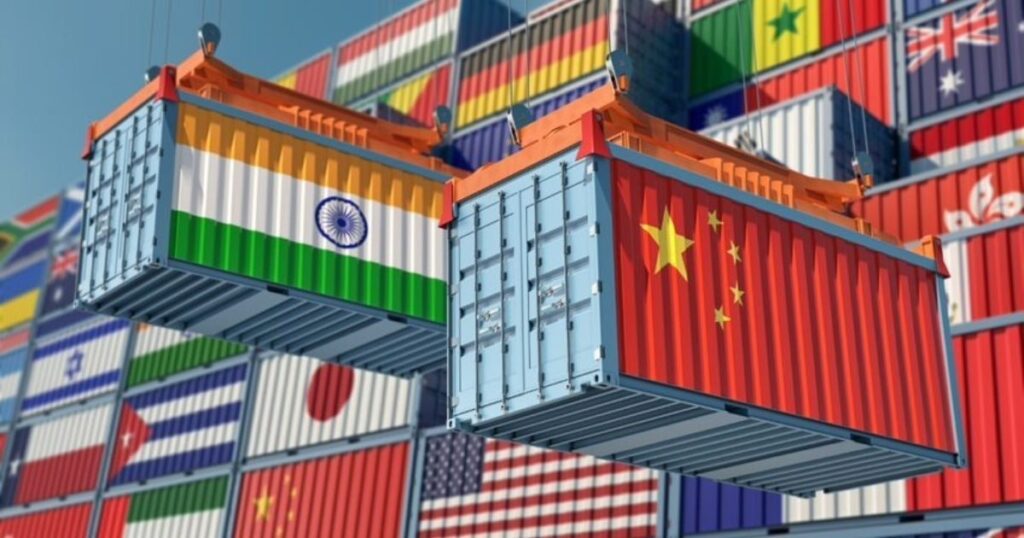Corruption is often most acutely felt in developing countries like Bangladesh which once ranked for five successive years (2001-2005) at the very bottom of the global Corruption Perception Index (CPI).
But too often we forget that corruption is an international problem which is systematically exacerbated by external actors through bribery in international trade and investment.
While the CPI score for Bangladesh has somewhat improved in recent years, corruption remains a key challenge that hinders development and social change in a country widely touted as a development dilemma.
According to many socio-economic indicators like GDP and HDI, Bangladesh has been performing commendably and steadily for over two decades, though corruption costs the country no less than two percent of GDP, according to A. M. A. Muhit, Former Finance Minister of Bangladesh, quoted in The Daily Star on 10 July 2015.
Bangladesh also performs poorly on nearly every governance indicator, including the Rule of Law Index, Regulatory Quality Index, Government effectiveness index, Political stability index, Voice and accountability index, Press Freedom Index, Political rights index and civil liberties index.
In addition, money laundering is a substantial concern for Bangladesh, as conservative estimates put the amount of annual illicit transfers out of the country at over US$10 billion, most of which is through improper invoicing in foreign trade.

